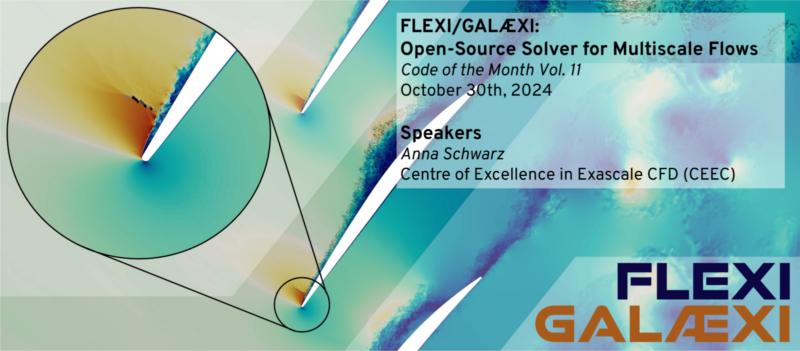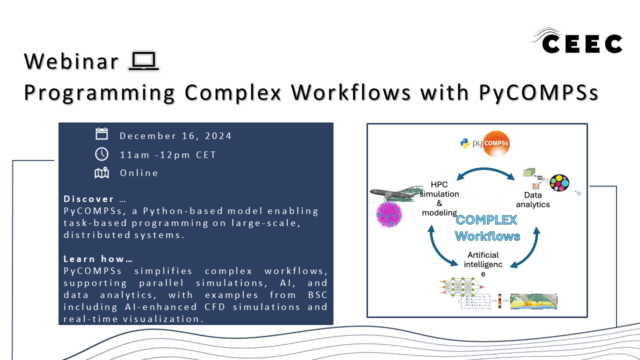ECCOMAS MS088 – State-of-the-art Machine Learning Techniques For Computational Fluid Dynamics
Machine learning (ML) in scientific applications including computational fluid dynamics (CFD) is a growing field of research. However, ML can be less stable and more prone to errors in CFD because of its complexity relative to e.g. game theory. Thus, recent research has concentrated on reinforcement learning (RL) or physics-informed methods applied to CFD. Another continuously growing field of research which alleviates the common problems of ML in CFD is physics-informed neural networks (PINNs). Recently, modified versions of classical PINNs have been proposed to push their limitations and make them more tailored to CFD. With these considerations in mind, this minisymposium will discuss the applicability, predictive performance and limitations of state-of-the-art ML methods in CFD.



